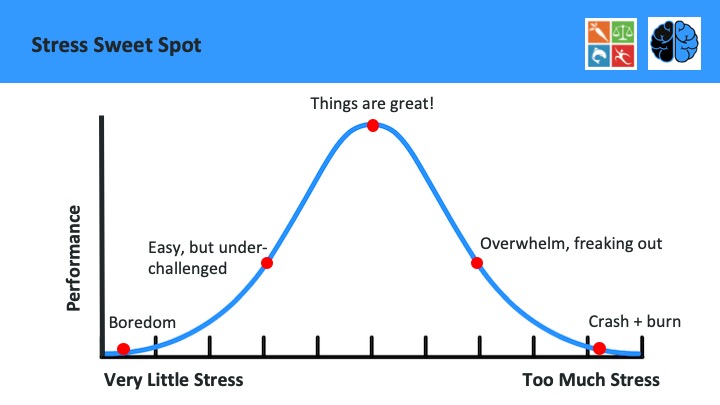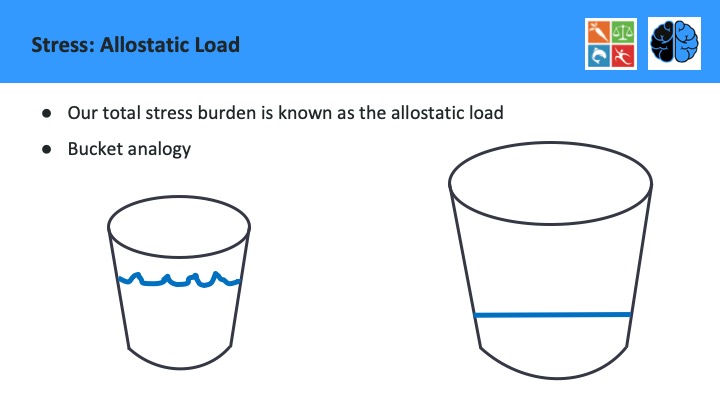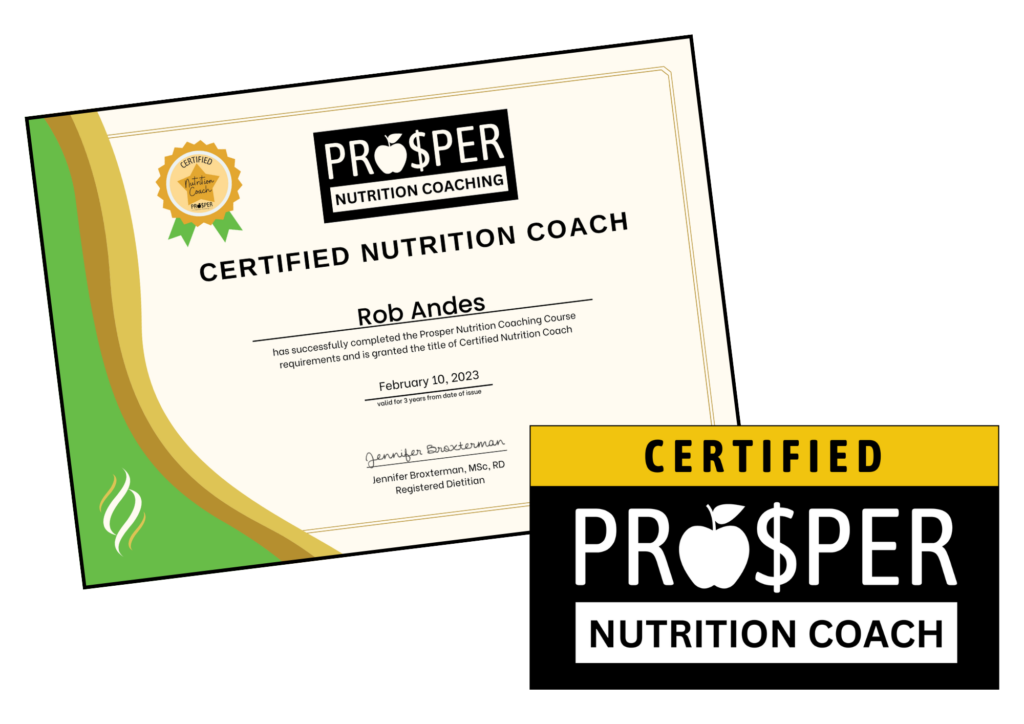

What are the best ways to reduce stress?
What you Haven’t Considered About Stress
Written by Jennifer Broxterman, MSc, RD
Registered Dietitian, Founder of NutritionRx
Consider this: Nearly all human behaviour is an attempt to solve a problem.
And problems usually stem from stress, be it physical, mental, emotional, social, or environmental stress.
I have chronic pain in my joints, so I’m going to investigate foods that help reduce inflammation.
I’m depressed because I’m overweight, so I’m going to join and gym and cut out carbs.
My jerk-of-a-boss screamed at me for the one hundredth time; I deserve a post-work beer, or five, to help me forget about another crappy day at work before I have to turn around and do it all over again.
Although we generally think about stress as being negative, that doesn’t have to be the case.
Too little stress can lead to boredom and emptiness, while too much stress leaves you feeling overwhelmed and like you might crash and burn. The key becomes finding that sweet spot of just the right amount of stress.

This comes down to a term called allostatic load.
Basically, the larger your allostatic load—i.e. the more stuff going on in your life causing you stress—the more beaten down you’re likely to become. This means, how we respond to stress is incredibly important.
That being said, we’re not all created equal. Some of us are genetically more capable of handling more stress. Some humans are naturally more resilient, calm, and happy, like human golden retrievers: they tend to be in a good mood most of the time and are able to easily brush things off.
Meanwhile, others have to actively work to improve their ability to be resilient to stress.
The Bucket Analogy
While we can’t control the size of our genetic stress bucket—i.e. our natural allostatic load—nor can we always control what life throws into our bucket, we can train our ability to empty our bucket to get it to a sweet spot where we’re functioning well.

Some activities that are proven to help us bail water—aka stress—from our stress bucket to reduce our allostatic load include:
- Relaxing walk
- Being in nature
- Sunlight
- Music
- Exercise
- Mindfulness, meditation
- Massage
- Breathing
- Laughing
- Cuddling with a loved one or pet
- Yoga
- Reading
- Attending a religious service or praying
- Swimming
- Relaxing in a sauna
- Having sex
- Moderate, occasional drinking
- Practicing gratitude
The above list actually fuels happy chemicals in the body and activates your parasympathetic “rest and digest” nervous system, which helps you improve your resilience to stress. Your white blood cells better fight illness, your mood improves, you sleep better, and your body hurts less.
Remember how I said most human behaviour is an attempt to solve a problem? What I didn’t mention was that sometimes our attempts don’t pan out. In fact, many times they make things worse, even if what we choose to help us relax from stress might FEEL GOOD in the moment.
On one side of the stress-reducing equation we have the good guys: exercise, time in nature, breathing and meditation, and getting a good night’s sleep. These tend to feel good during and after the activity, but have a slightly higher buy-in when it comes to time and effort. On the other side of the equation, you’ll find the low effort, but less useful activities that we often select thinking they will help us deal with our stress. They include:
- Netflix marathons
- Getting lost in video games
- Binge drinking
- Endless scrolling through Instagram
- Stress eating
- Gambling
- Online shopping

You get the point…
In fact, while these activities might feel OK in the moment, they’re likely only going to contribute to increased stress the moment you stop them. Furthermore, unlike the more positive list of ways to cope with stress that I mentioned earlier, this second list also tends to bring people down emotionally with hangover feelings like guilt and regret.
Ask for Help to Lighten Your Bucket
Earlier this year, I worked with a client—let’s call her Beth. Beth’s bucket was full:
- Beth is a long haul truck driver, who wound up catching COVID. While she recovered from being sick, she was still dealing with some COVID-related side effects that continued to linger for months: difficulty breathing, numbness and tingling in her hands, and crippling anxiety.
- Beth was going through a divorce, which left her a single mother with a 4-year-old, who had recently broken her leg (talk about stress for a mother!).
- Beth was also going through some other health issues related to having a leaky valve in her heart.
After meeting with her doctor about her heart condition, her doctor recommended she go on a strict 1,500 calories a day diet with less than 100 grams of carbohydrates and start working out at the gym three days a week.
He made this prescription without any context—i.e. he had no idea what was going on in her life, no idea that her bucket was already full, nor did he inquire about her bucket. He just blindly gave a prescription based on a theoretical best option (TBO), without considering a realistic option for Beth.
Then her doctor referred her to a weight loss clinic—the clinic was going to charge her $1,200 for a meal plan and a 15 minute phone call once a week for 12 weeks to “get the fat off her body”—before effectively kicking her out of their office. Ouch!
Discouraged and more stressed out than ever, Beth’s friend told her to give me a call.
We sat down and I listened to what was going on in Beth’s life.
After speaking with Beth for 20 minutes, I knew that putting Beth on a meal plan based diet with less than 100 grams of carbohydrates and expecting her to go to the gym three days a week was not going to bring her success. The moment I told her this, her face was overcome with relief.
Together, we worked on a plan that was more likely to work for her—the best doable option (BTO). Imperfect? Maybe. But still useful, and more importantly, realistic and doable for Beth right now.
Beth’s BDO: Best Doable Option
Beth committed to:
- Hiring a chef to make her healthy lunches for the next month that she could stick in her freezer (this actually cost a lot less than she thought it would, and worked out to roughly $35/hour x 3 hours of labour + the cost of groceries!)
- Using GoodFood meal delivery service to cover most of her dinners
- Going for one-hour long walks three days a week with her daughter in the stroller
These decisions would help Beth save time with grocery shopping and meal prep, and would also help her with quantity control, as each meal is a controlled portion. She soon discovered she was barely even spending any more money on food than she had been, as she had been frequently eating out and buying ready-made frozen foods for dinner because she felt so overwhelmed and exhausted at the end of her work day.
Beth also broke up with MyFitnessPal and decided to delete the app from her phone, as it was only making her feel even more anxious and stressed out, and wasn’t helping her cause.
Bottom line:
When it comes to making lifestyle changes, considering your allostatic load matters.
And if you’re feeling overwhelmed, and you’re even more overwhelmed by the prescriptions a healthcare provider gives you—prescriptions that don’t consider you as an individual—seek help elsewhere.
Taking the time to shop around and find the right person to help you come up with a plan doesn’t show weakness; it shows that you care about yourself enough to come up with a plan that will work for you.
Wishing you health & happiness,
♡ Jen
Jennifer Broxterman, MSc, RD
Registered Dietitian
NutritionRx: happy, healthy living with our team of Registered Dietitians
Prosper Nutrition Coaching: a world-class nutrition coaching certification
+
+
+
Want to work with a NutritionRx Registered Dietitian?
Learn more here: Nutrition Packages & Rates
+
+
+
Want to become a Certified Nutrition Coach?
Learn more about our habits-based Prosper Nutrition Certification



